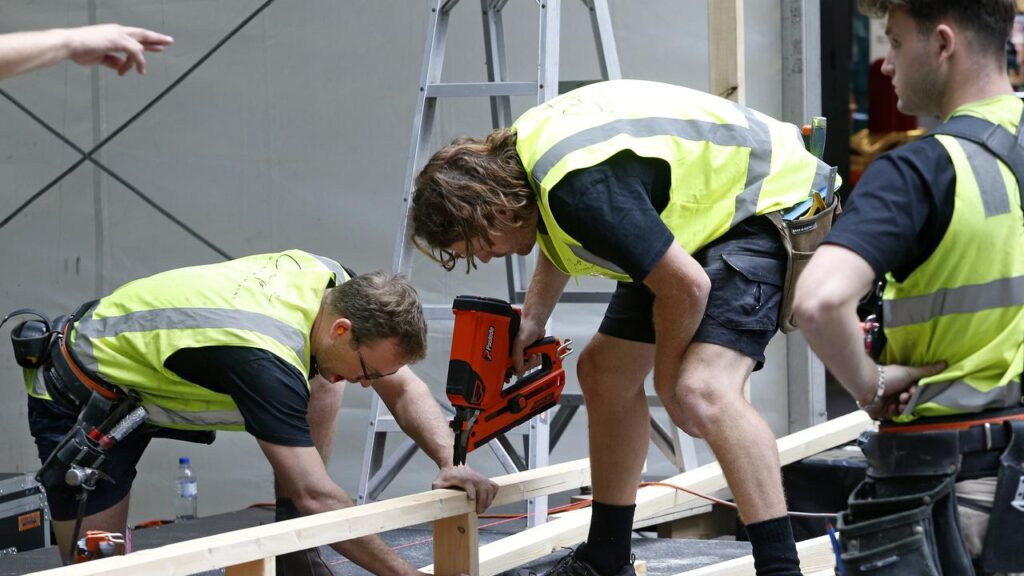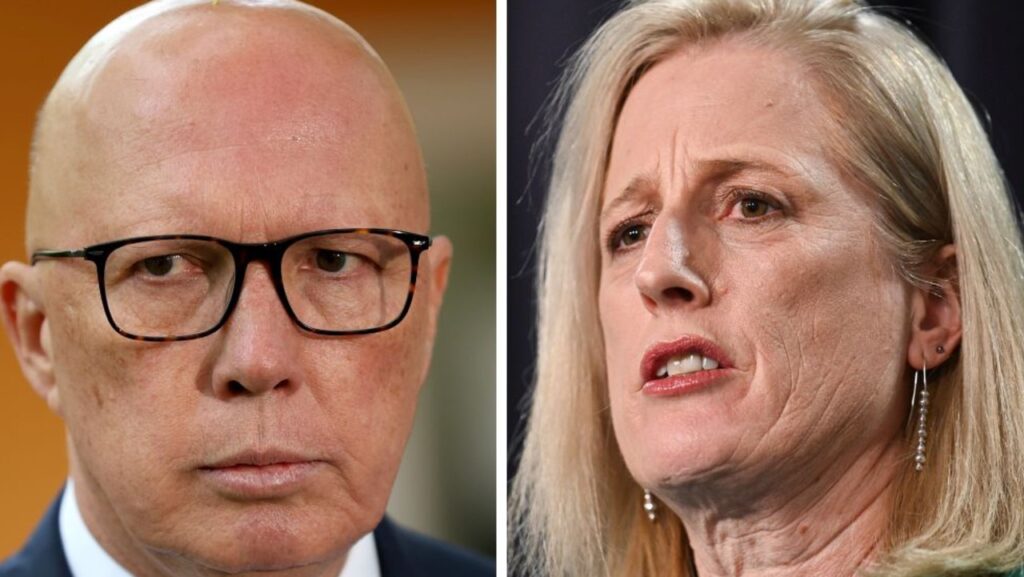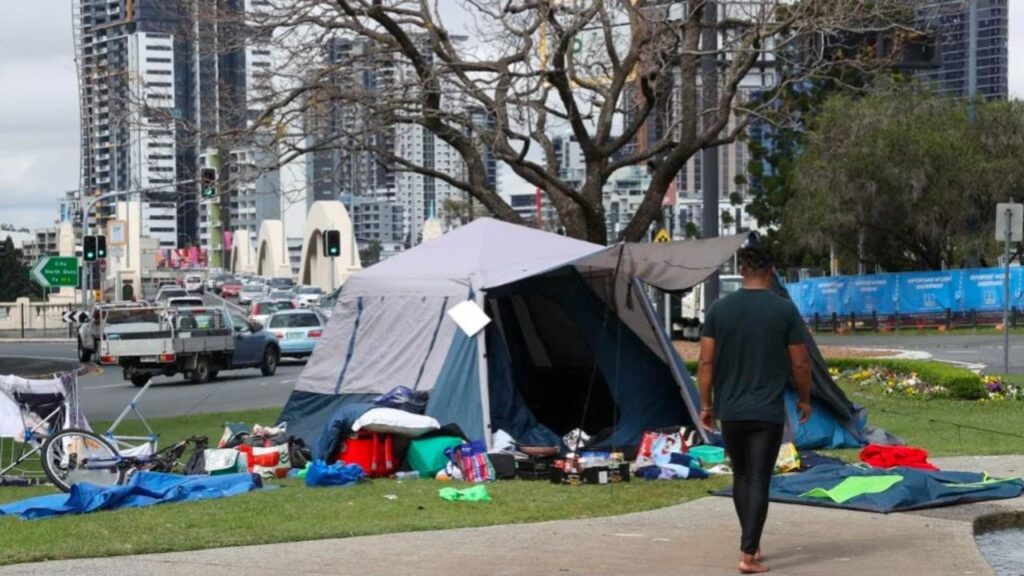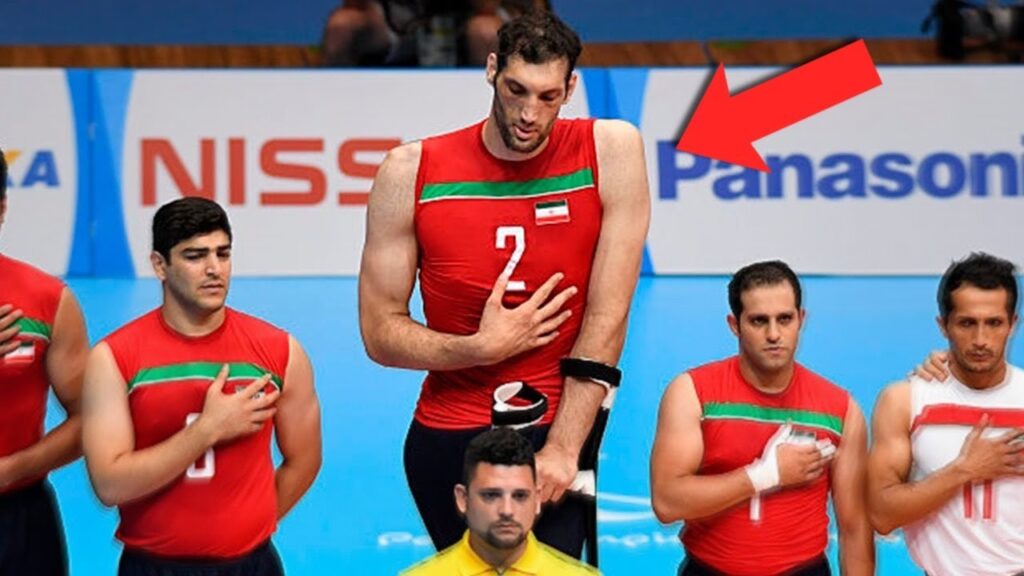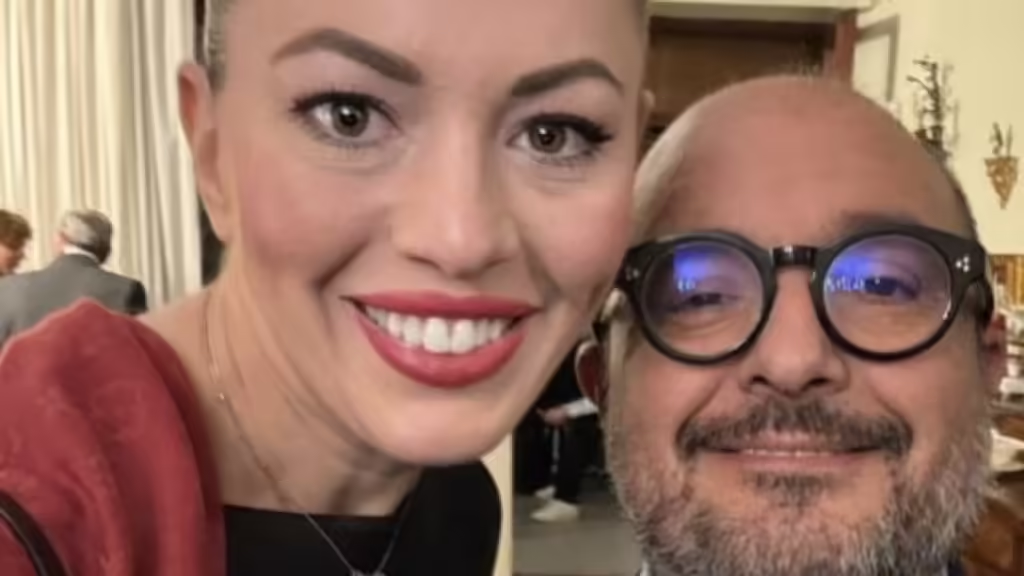Social media giants on notice with age limits ‘on the table’
Written by admin on September 4, 2024
EXCLUSIVE
Australia is demanding social media platforms reveal how many children are on their sites and how they detect and block underage users, as pressure mounts on the industry to “play their part” protecting kids online.
The eSafety Commission has given Google’s YouTube, Meta platforms Facebook and Instagram, TikTok, Snap, Reddit, Discord and Twitch 30 days to provide data on the number of children who hold accounts and outline how they enforce their own age restrictions.
eSafety Commissioner Julie Inman Grant said given imposing further age limits was “on the table,” she needed “better information to understand what will be effective”.
“We as the regulator have to think about what is in the realm of possible … because until these companies have effective age assurance systems in place, it will be virtually impossible to implement or enforce (further restrictions),” she said.
“I think it would look very bad for these mainstream platforms to not answer these very basic and reasonable questions about how many young people are on their platforms, what they’re doing to identify, detect and remove them, and to really be able to tell us what their state of age assurance readiness is.”
eSafety research has found almost a quarter of eight to 10-year-olds used social media at least weekly, while almost half of 11 to 13-year-olds log on at the same rate.
This is despite most platforms having a minimum age limit of 13.
In an exclusive interview, Ms Inman Grant also revealed the Commission will survey Australian children aged nine to 15 to better understand their social media habits and then cross reference this research with the information provided by the platforms in October.
“We’ll be able to really pick out where the weaknesses are and then we can direct the companies to start … deploying the systems and processes that they need to be able to either implement a ban or … better prevent children who are underage from joining their platforms,” she said.
Ms Inman-Grant said currently most platforms simply ask users to provide their age with no further verification required, which could easily be “gamed” by younger children.
“These are co-mingled platforms, so what makes them particularly dangerous is that the algorithms are optimised for adults,” she said.
“We know it may be sending those who are much more vulnerable down rabbit holes or serving up content they just don’t have the digital resilience or critical reasoning skills to be able to deal with.”
Ms Inman Grant said the debate about when children should access social media was an “important national conversation” that had been “really led” by News Corp’s Let Them Be Kids campaign calling for the age limit to be raised to 16.
Eating Disorders Families Australia executive director Jane Rowan said collecting accurate data was a vital step toward addressing the harms caused by social media.
“We need to have a lot of clarity about what is and isn’t working,” she said.
Ms Rowan said more parents were reaching out to organisation in light of the growing body of research showing the impact of social media on childrens’ mental and physical health.
“Eating disorders, body image, self harm, pornography — the concern among parents about a wide range of harms is increasing,” she said.
Collective Shout movement director Melinda Tankard Reist said ensuring underage children aren’t accessing social media would not make the platforms “safe,” but it would “delay harms”.
“Australian adolescents are now among the worst in terms of mental health in the world,” she said.
“Girls self-harming, eating disorders, low self esteem, depressing, anxiety have all been linked to increased use of social media and children being served content they’re not mean tot see.
“So it’s time to bring these big tech companies to account.”
The eSafety Commission is also releasing new online safety resources with practical tips for keeping children safe on
games, apps and social media and conversation starters to help parents and carers have age-appropriate conversations about online harms including child sexual abuse.
“These resources are designed to empower parents and educators so they can support children and look out for the possible signs for when things go for kids wrong online,” Ms Inman Grant said.
“Open conversations about technology use and encouraging help-seeking behaviour are paramount here.”
Sydney parents Dany and Cynthia Elachi’s 14-year-old daughter, Aalia, does not have social media, but still has a “fantastically full social life” connecting with her friends on zoom calls, over the phone or in meeting up in person.
Mr Elachi said the family were “very much behind” the push to raise the minimum age for social media and hoped even if there were difficulties enforcing it, the change would at least set a new “social norm”.
“Having a law in place that says this is not appropriate for under 16 or under 18 just sends a signal to society more broadly and it would be a lot easier for parents to have conversations with their kids about adhering to it,” he said.
But Mr Elachi said he remained “extremely cynical” about the likelihood of big tech platforms complying with age limit enforcement.
“I have no doubt they will express willingness and pay lip service to what needs to happen, but also have no doubt they will not follow through with action,” he said.
Brisbane mother Valentina David-Moody also has a strict no social media policy in her household, saying the blanket rule for her five children with husband Hamish was the only way she could be confident her kids were protected from dangers lurking online.
Ms David-Moody said she had grappled with what level of internet exposure was safe for her children, who are aged between three and 12, acknowledging social media was a significant challenge for parents.
She said a change of the minimum age on social media to 16 would be a positive move.
More Coverage
“They need to be older and better developed before they’re on there,” she said.Ms David-Moody said none of her children were allowed access to social media.“It’s a choice that we as parents made,” she said.
Lifeline: 13 11 14
Butterfly Foundation: 1800 ED HOPE

